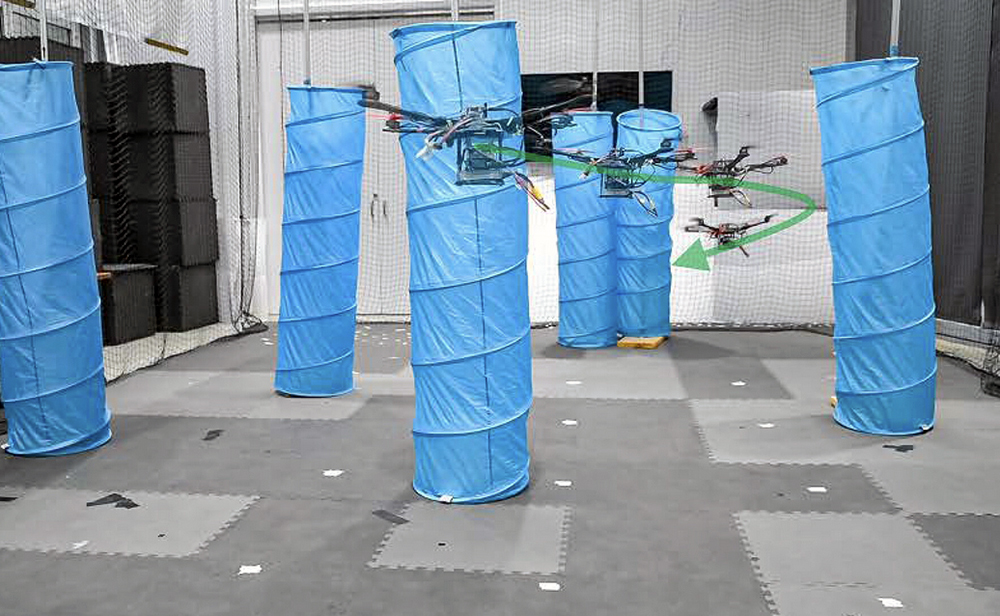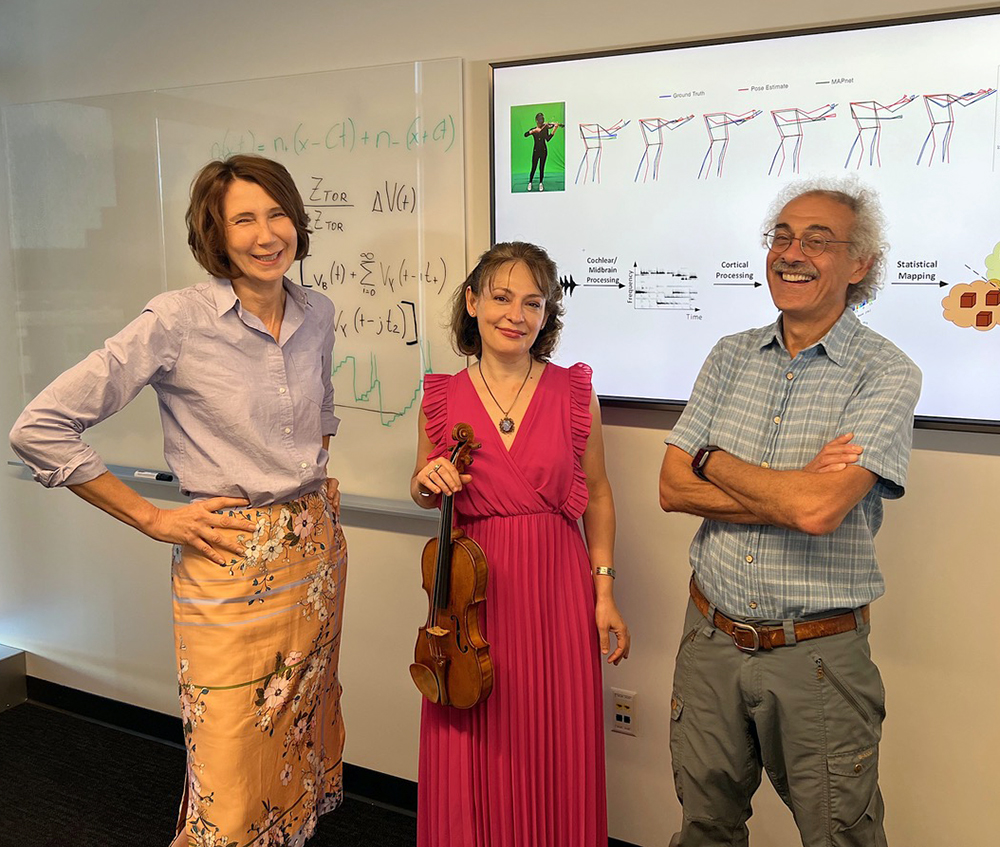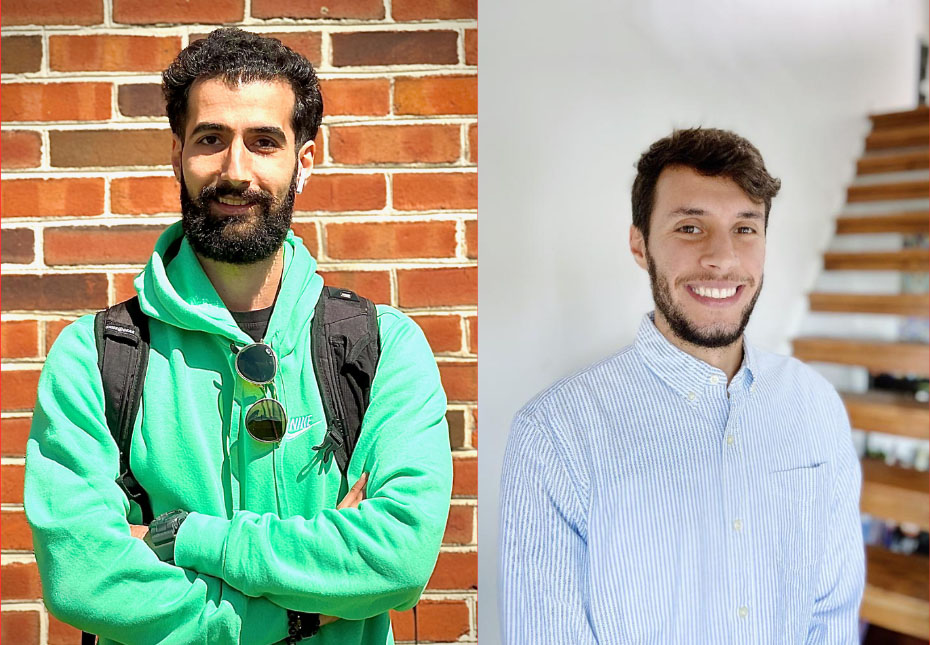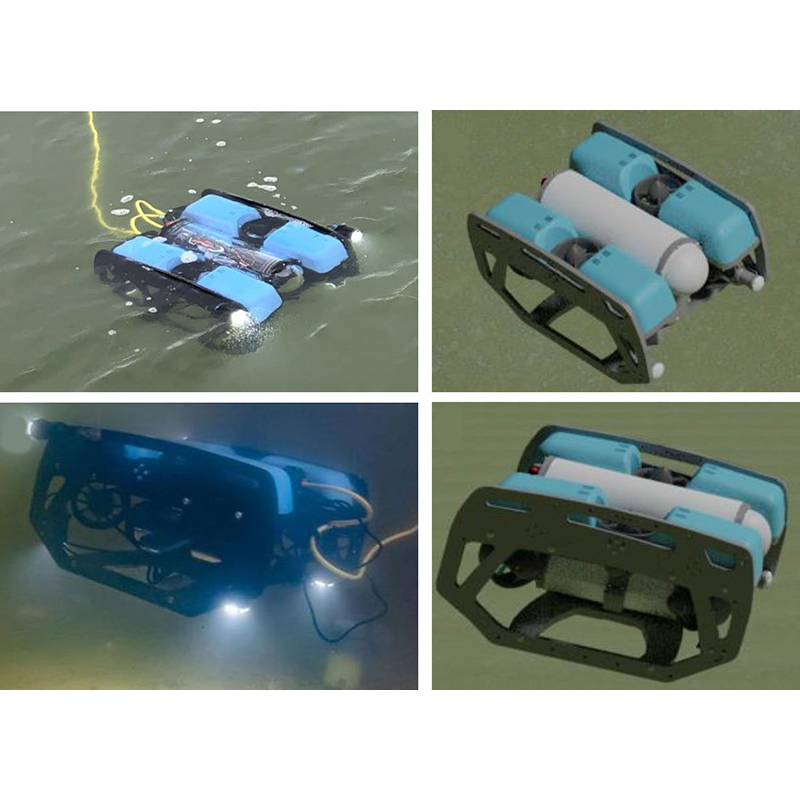News Story
Porter part of ARO project to study team cognition and AI solutions for intelligence analysts
ISR-affiliated Professor Adam Porter (CS/UMIACS), the Executive Director of the Fraunhofer Center for Experimental Software Engineering Computer Science, is the co-PI on a new project that will study team cognition and artificial intelligence (AI) solutions to aid intelligence analysts in deriving actionable and accurate intelligence information.
Research Professor Susannah Paletz (University of Maryland College of Information Studies) is the principal investigator for "Human-Agent Teaming on Intelligence Tasks," a three-year, $616,700 grant funded by the Army Research Office. Paletz is an affiliate of the UMD Applied Research Laboratory for Intelligence and Security (ARLIS).
AI has the potential to support intelligence analysts in reviewing potentially hundreds of thousands of source documents, pulling out key findings, and assembling them into actionable intelligence. AI can also aid in the flow of information and projects among members of the intelligence team, improving the efficiency and accuracy of their work.
“AI-driven technology has sometimes been touted as a replacement for human intelligence,” said Porter. “In practice, however, AI doesn't always work, or gives limited or biased answers. Human oversight is still required, and it's therefore critical that we deeply understand how humans and AI can work best together.”
The project will focus on how interactive AI agents, such as chatbots, can mitigate or exacerbate the communication and coordination problems that can occur with shift handovers of intelligence work, such as inaccuracy blindness and overlooking potentially relevant information. It also will examine how humans could deal with blind spots, biases, or inaccuracies.
The researchers will develop an experimental infrastructure to help test team cognition challenges within the work completed by intelligence analysts. This work consists of task-relevant input materials, such as mission descriptions and source documents, activity recording tools, experimental monitoring capabilities, and different AI supports for human analysts, such as chatbots offering advice on a particular task.
“We want to develop a task that can raise the problems with asynchronous team cognition in intelligence tasks, but is simple enough to be used by research participants with minimal training,” Paletz said.
This task will substantially increase insight into the strengths and weaknesses of AI technology to support intelligence tasks. It will help shed light on how and when human analysts can safely place their trust in AI technology, and how they can proactively identify problems in AI-generated input. In addition, it will aid teams of humans, including asynchronous teams, working together in situations that include AI-generated input.
"This basic research is an important step in the early process of learning how humans and agents can collaboratively become a single team with considerably greater capacity and productivity than human only teams," said ARO Program Manager Dr. Edward Palazzolo, who oversees the project. "Moreover, this research has broad implications for the work of many teams focused on knowledge work and information management, such as medical teams involved in shift work, collaborative software development teams, and research teams."
—ISR thanks Mia Hinckle of the iSchool for this story.
Published August 28, 2020








